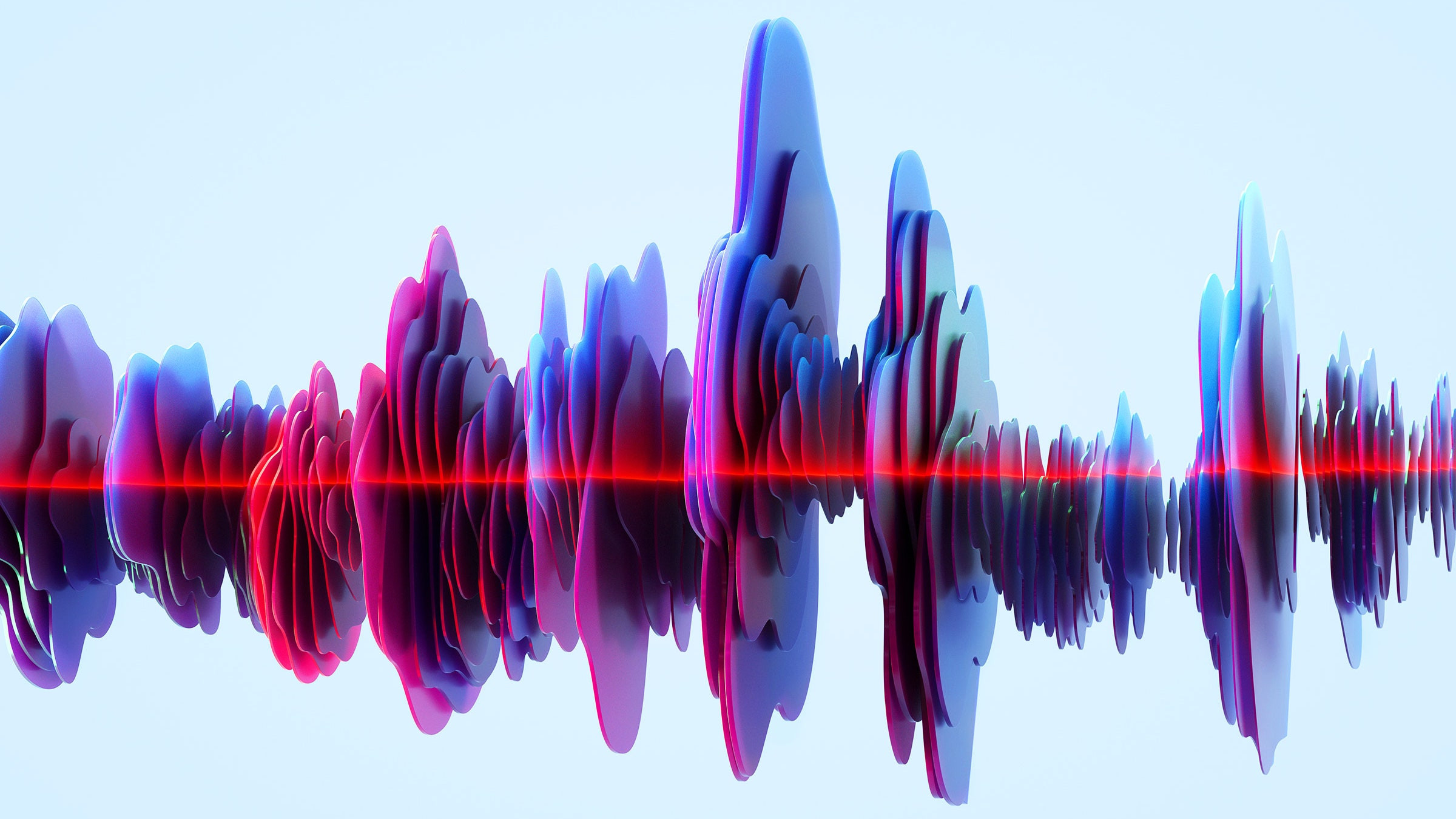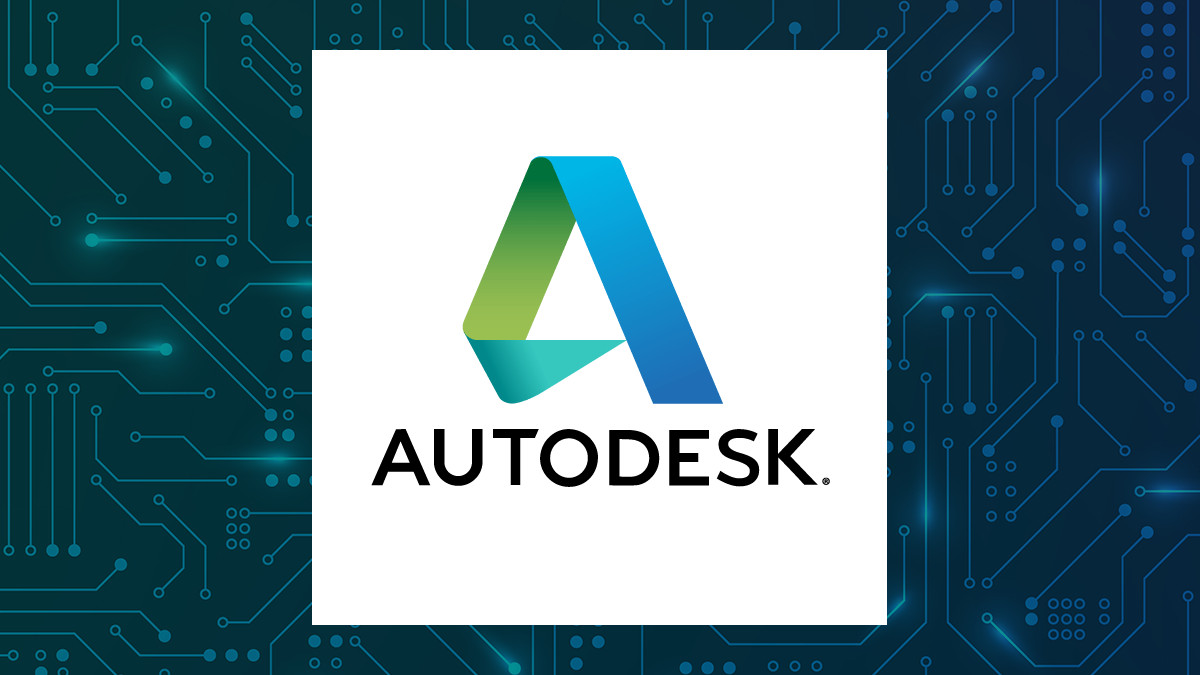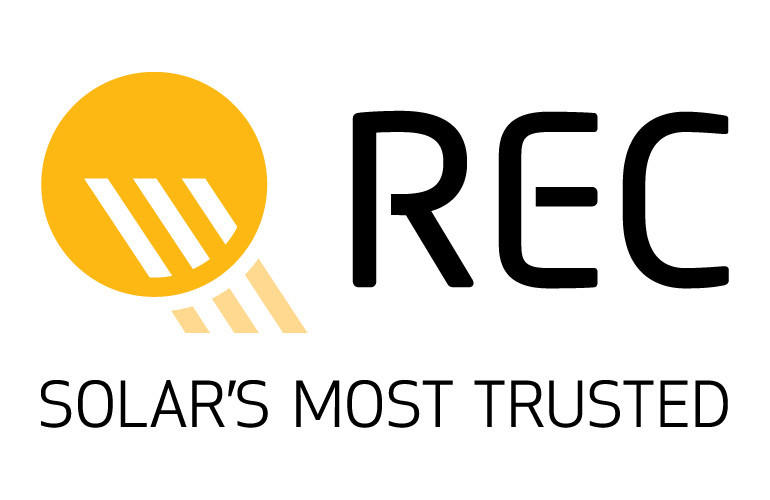Artificial intelligence is reshaping how content is crafted, distributed, and consumed. This transformative wave also introduces ethical dilemmas, especially in the realms of music rights and video/film production. As AI plays a new role in composing and directing, the industry must navigate implications for intellectual property rights and questions AI raises about the nature of creativity and ownership.
AI's role in composing and producing music is not just a futuristic concept—it's happening now, stirring a debate over the essence of ownership and creativity. When an AI algorithm produces a tune, who should take a bow? Is it the developer behind the AI, the user who developed the melodies from the machine, or the AI itself, an independent digital maestro? This question is as pertinent to business operations as it is philosophical.
Imagine you are a music producer with an inclination to fraud. You come up with an excellent scheme. When you upload music, Spotify pays you proportionally to how many times your music is streamed. You realize that if you create and run fake accounts, and make them play your music repeatedly, you earn more from the royalty payouts than your costs. It is a money printing machine.
But you hit a snag. Spotify does not approve of fake streams, and takes great pains to detect and stop them. You can’t scale your operation without it looking very fishy that a handful of your songs are apparently so newly popular. Luckily, you have a solution: artificial intelligence.
This is allegedly the solution embraced by a music producer in the US, who was indicted for massive streaming fraud this month. The indictment accuses him of buying up to 10,000 AI-generated songs a month from an AI music company, distributing them on multiple streaming platforms, and spreading out his fake streams among them to avoid detection. He reportedly made $12 million over five years from this venture.
There were only about five AI music companies in existence at the start of the period covered by the indictment, and I was the CEO of one of them. (Not this one, I hasten to add.) But if you came up with this scheme today, you wouldn’t need to be in contact with an AI music company, or spend any money on these tracks at all. You can now easily, for zero expense, use AI to generate as many songs as you like.
Some people are excited about our new-found AI-powered ability to create at will any digital media — images, videos, text, speech, music — such that it’s indistinguishable from the best human output. It may lead to cheap AI assistants, more people making art, and even AI surpassing our skills of technological invention. But it also presents serious issues for which we currently have no good answers.
Ethical Concerns of AI in Music
Fraud — of which you can be sure there are many more examples waiting to emerge — is just the first. Deepfakes are another, and are altogether more frightening. Children from the US to South Korea are being sent deepfaked pornographic images of themselves by classmates. Similar images of Taylor Swift were seen 27 million times on X (formerly Twitter) before they were taken down. People have been able to create material like this for years but the difficulty of its creation used to be a bottleneck. Thanks to AI, that bottleneck has been removed.
The deluge of AI-generated content also threatens our ability to sift truth from lies. A Google image search for Beethoven returns an AI image as the top hit. Faked images of Taylor Swift fans supporting Trump were reshared by the former president himself. AI chatbots, which many think will replace Google, regularly mix fact with fiction — every single one. And that’s before we come to the difficulty of examining students in the era of ChatGPT, and the huge impact on the creative job market that simple economics tells us will come from an explosion of supply.
I know lots of people at AI companies, and, in private, they are clear: AI will let anyone write a novel. AI will let people swing elections. Long before we get to Terminator-style end-of-world scenarios, we are entering a time when anyone can create any image, fake any audio, write any article, in a matter of seconds. I am generally pro-technology. But even the pro-technology among us should ask: have we really thought this through?
Addressing the Ethical Challenges
Addressing the ethical, legal, and economic challenges of AI-generated music and video may require a new paradigm—one that considers the collaborative nature of AI and human creativity. This paradigm shift might involve innovative copyright models, revenue-sharing agreements, and perhaps even new forms of intellectual property rights tailored for the AI age.
The music industry, lawmakers, and the AI community must engage in a constructive dialogue to shape a future where technology enhances creativity without undermining the value and livelihood of human artists. New copyright frameworks, ethical guidelines, and advanced content verification may play a role. Alongside investing in AI technology, companies need to keep up with AI developments.
AI as a Catalyst for Change in Music
AI's integration into the media and entertainment sector offers significant opportunities and challenges, particularly in content creation and intellectual property rights. Media companies must adapt by developing new copyright frameworks, establishing ethical guidelines for AI use, and implementing advanced content verification systems to address issues like deepfakes.
The future of music is a dynamic and uncertain landscape. As AI continues to evolve, its impact on the music industry will undoubtedly be profound. The challenges and opportunities presented by AI require thoughtful consideration and proactive measures to ensure a sustainable and ethical future for music creation, distribution, and consumption.


















